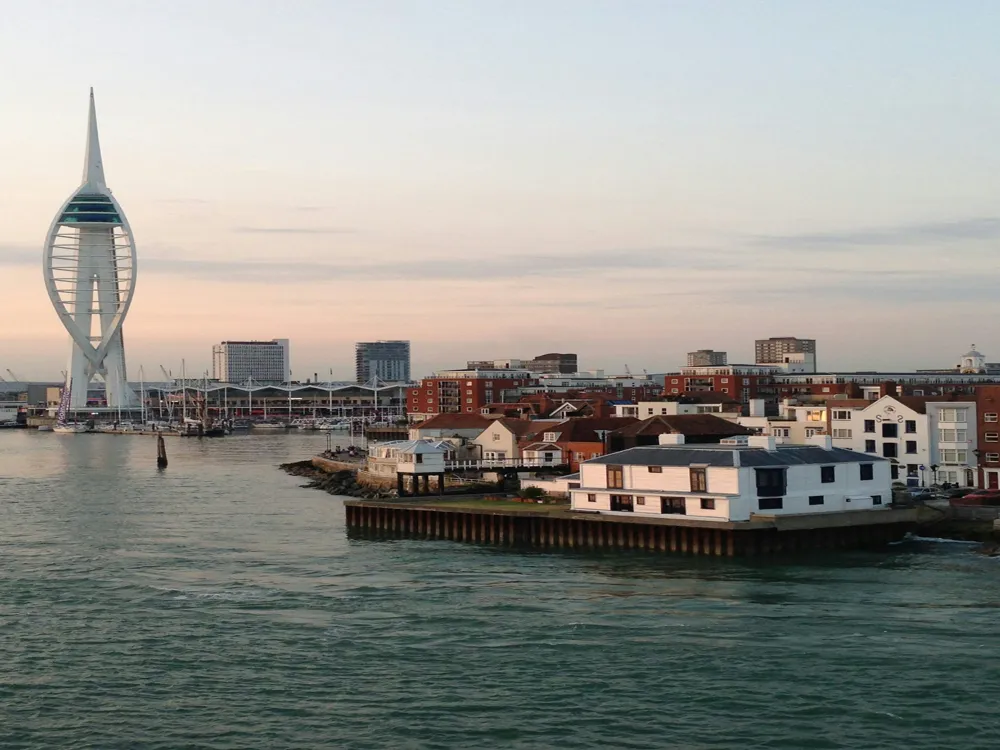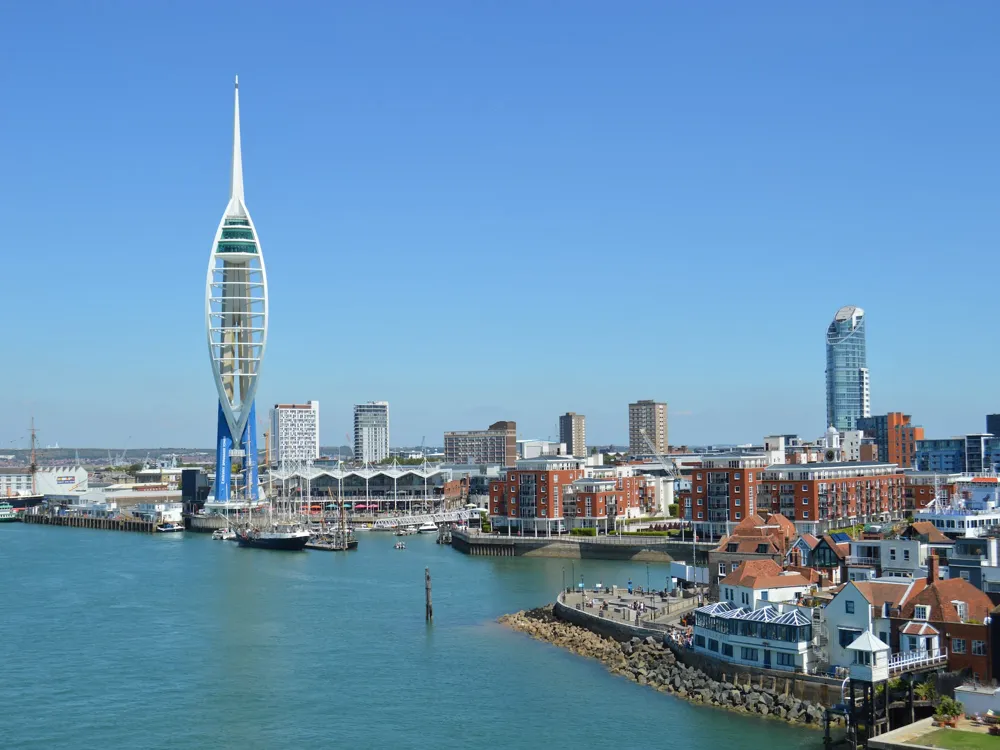Welcome to Your Guide on Reaching Portsmouth!
Are you planning a trip to Portsmouth but unsure about the best way to get there? Worry not! Portsmouth, a vibrant port city on the south coast of England, is easily accessible through various modes of transportation. Whether you're looking for a cost-effective journey or a quick route, we've got all the options covered for you.
Reaching Portsmouth by Train
For those who prefer the scenic route, traveling by train is an excellent choice. Portsmouth has direct train links from London, Brighton, Southampton, and other major cities. The journey from London takes approximately 1 hour and 30 minutes, making it a convenient option for a quick getaway. Portsmouth & Southsea and Portsmouth Harbour are the main train stations, connecting you directly to the heart of the city.
Traveling to Portsmouth by Car
If you love the flexibility of road trips, driving to Portsmouth is a great idea. The city is well-connected via major motorways like the M27, A3, and M275. This gives you the freedom to travel at your own pace and explore the beautiful countryside en route. Parking in Portsmouth is ample, with several car parks and on-street parking available, especially near tourist attractions.
Arriving in Portsmouth by Bus or Coach
Buses and coaches offer an economical way to reach Portsmouth. National Express and other coach services provide regular routes from various parts of the UK to Portsmouth. The main coach station is located in the city center, making it a convenient drop-off point to start your Portsmouth adventure.
Portsmouth by Air
For those coming from farther away, flying might be the best option. The nearest airport is Southampton Airport, just 20 miles away. Regular trains and buses run from the airport to Portsmouth, making the connection smooth and hassle-free.
Exploring Portsmouth by Ferry
Given its status as a historic port, Portsmouth is also accessible by ferry. This is a unique way to arrive, especially if you're coming from the Isle of Wight, France, or Spain. The ferry terminals are equipped with good facilities and offer a memorable entrance to the city.
Conclusion
No matter how you choose to travel, Portsmouth awaits you with its rich maritime history, stunning waterfront, and vibrant cultural scene. Plan your journey today and discover all that this fantastic city has to offer!
Portsmouth Travel Packages
View All Packages For Portsmouth
Nearby Places Portsmouth
Portsmouth Photos
View All Photos For PortsmouthPlaces To Visit In Portsmouth
Browse Package Collections
Browse Hotel Collections
Faq on Portsmouth
1. How can I get to Portsmouth from London?
You can reach Portsmouth from London by train, bus, or car. Trains run frequently from London Waterloo station to Portsmouth Harbour station, with a journey time of around 1 hour 30 minutes. National Express and other bus services also operate between London and Portsmouth. If driving, take the M3 motorway followed by the A3 or A27.
2. What is the nearest airport to Portsmouth?
Southampton Airport is the nearest airport to Portsmouth, located approximately 20 miles away. From there, you can take a train or bus to reach Portsmouth.
3. Are there ferry services to Portsmouth?
Yes, Portsmouth is a major ferry port with services connecting to destinations such as the Isle of Wight, France, and Spain. Operators like Wightlink, Brittany Ferries, and Condor Ferries run services to and from Portsmouth.
4. How can I travel to Portsmouth from other cities in the UK?
You can reach Portsmouth from other cities in the UK by train, bus, or car. National Rail services connect Portsmouth to cities like Southampton, Bristol, Birmingham, and Manchester. National Express operates bus services to Portsmouth from various cities. If driving, major roads like the M27 and A3 connect Portsmouth to nearby cities.
5. Is there parking available in Portsmouth?
Yes, Portsmouth has several parking facilities including multi-story car parks, street parking, and park & ride services. However, availability may vary depending on the time of day and location, so it's advisable to plan ahead.

















